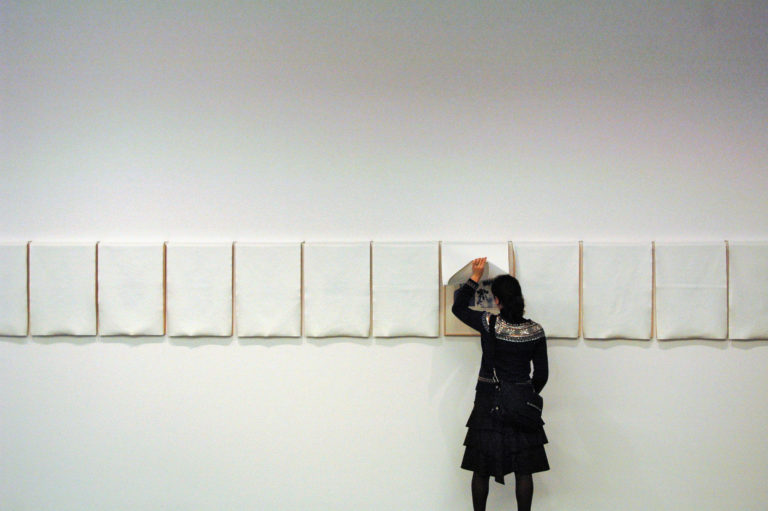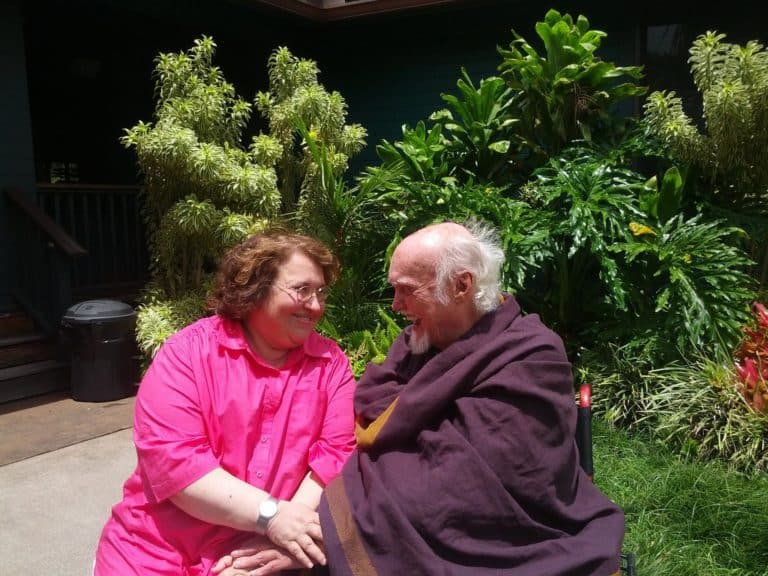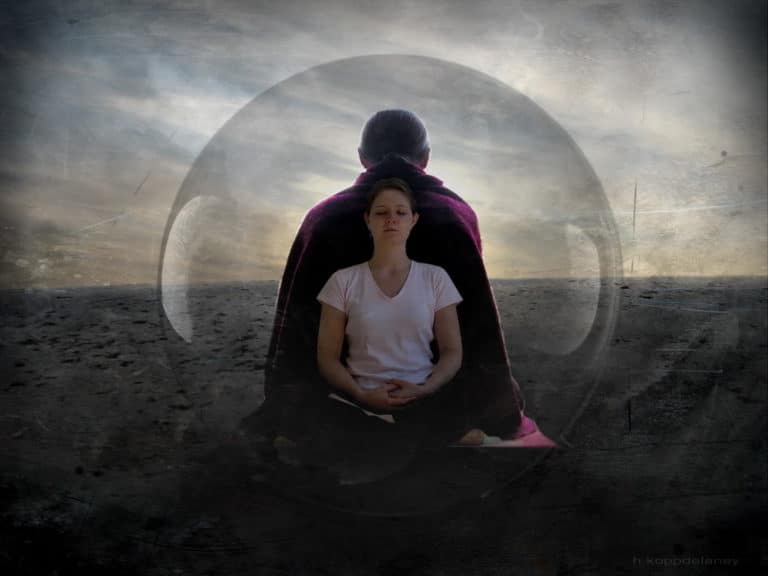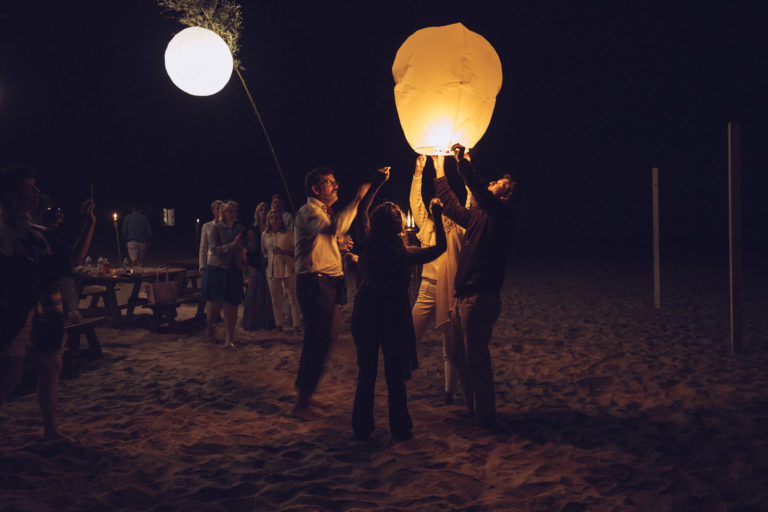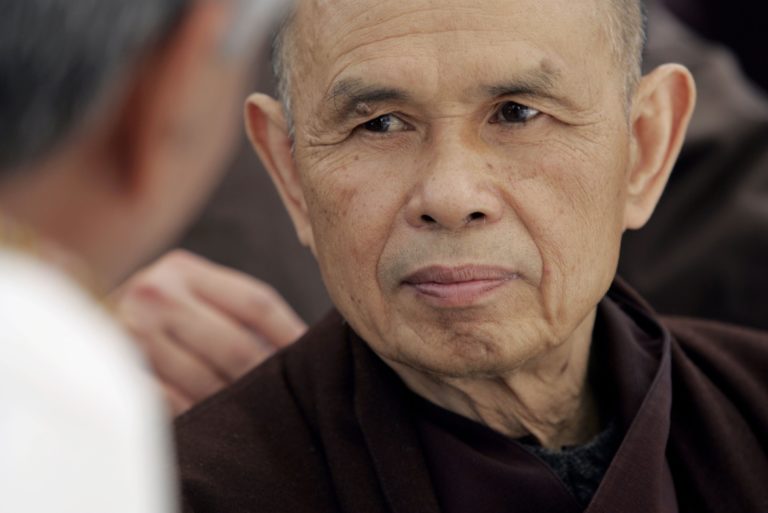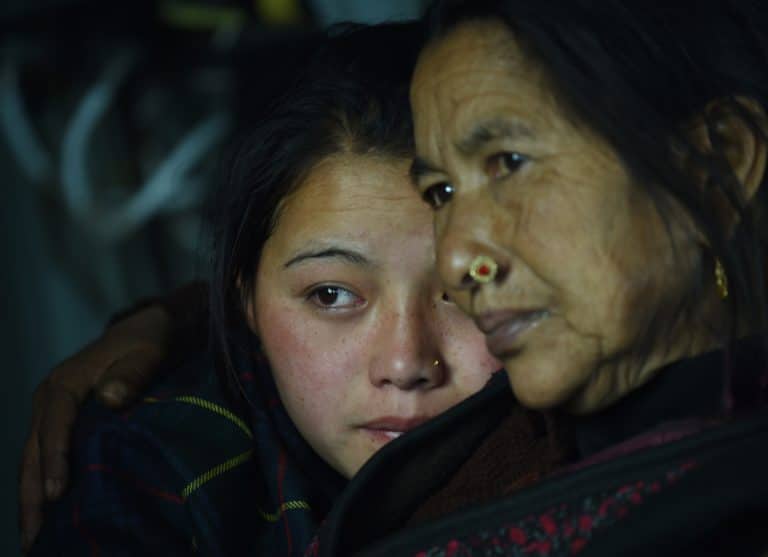Buddhism
View
- List View
- Standard View
- Grid View
43 Results
There's comfort in the ideal of perfection. But in this pursuit, we can trap ourselves in the striving. Sharon Salzberg on accepting imperfection as the unexpected path to spiritual fulfillment.
Many of us feel cast off and and think we have to go it alone. But what if we took solace in the third refuge of the community? Sharon Salzberg with a video meditation on standing in line and counsel on how we might thrive in our connectedness with one another.
We often equate ruthless doubt with intelligent discernment. As Sharon Salzberg points out, sitting through the uncertainty can be the surest way to become present to the wisdom of our own intuition.
The passage of time can seem like a dream. Sharon Salzberg looks back at enduring friendships and the journey "meditation" and "mindfulness" have taken these past 40 years in the U.S.
The harmful cycle of guilt can devolve into cycles of self-hatred. Guiding words on the constructive work of remorse, which can be especially powerful when directed toward forgiving ourselves.
Virtual reality technology is hinting at new possibilities, including the unexpected potential of “VR” to shape our inner lives, identities, and values — and lead to a fuller appreciation of the lives we have.
Terms such as Jubu and Nones may be inadequate labels to describe a person's faith journey. Sharon Salzberg with a reminder that what you call yourself may not be as important as how you live.
To be confronted with a serious illness is to be confronted with a fear of death for most of us. How do we balance hope with realism? And how do we age with grace? Drawing on Atul Gawande's book, Mary Jo Bennett highlights some ways our culture is evolving in its relationship with death.
With the near-constant news of extra-judicial police killings and mass shootings, it would be easy to live in a constant state of fear. Faced with his own fragile mortality, a Buddhist contemplates our collective fear and grief. For him, meditation is not about relaxation but about awakening to life — in its wonder and in its sorrow.
So often we dwell on our mistakes. Sharon Salzberg helps us step away from this routine and walk a different terrain — with the practice of lovingkindness that develops a flexibility of looking at our own lives.
To "prioritize intention rather than form" is a the heart of a contemplative practice, whatever that may be. A lay Buddhist monk tells the story of creating a "tree" that's liberated us from narrow ideas of what contemplative practice is and find one (or more) that truly works for us.
Each one of us has a "constellation of tendencies," but often we identify more strongly with a certain set of responses. By identifying our dominant personality type, we can see these tendencies in their purified and unpurified forms — and find a world of options opening up as we become more aware.
To be faithful and to practice faith in the Buddhist sense of the word, one must walk a path of doubt — one of honest questioning and active investigating. An enlightening column from Sharon Salzberg.
So often in the West we believe that the most genius works of art are created with suffering and torment. But, the Dalai Lama might say happiness is the foundation of great creativity of all kinds.
With news reports swirling about the fallibility of structures, the Buddha's teachings on volition point us to the crucial importance of our own intentions, the responsibility in our actions, and therefore for our own freedom. An outlook on a way forward to our own accountability.
Inspired by the words and actions of Thich Nhat Hanh, Parker Palmer asks what it means to hold our differences in ways that open us to possibilities we never would have imagined.
To truly meet each other "that mysterious junction of suffering and love could well be the most truthful and potent place."
Much great brain research has been coming out about the value of meditation and mindfulness. But, when the rigor overtakes the intention of the practice, how do we measure success and the "powerful signs of change in our everyday lives"?
The Pause
Join our constellation of listening and living.
The Pause is a monthly Saturday morning companion to all things On Being, with heads-up on new episodes, special offerings, event invitations, recommendations, and reflections from Krista all year round.
Search results for “”
View
- List View
- Standard View
- Grid View
Filters
Listen
Read


